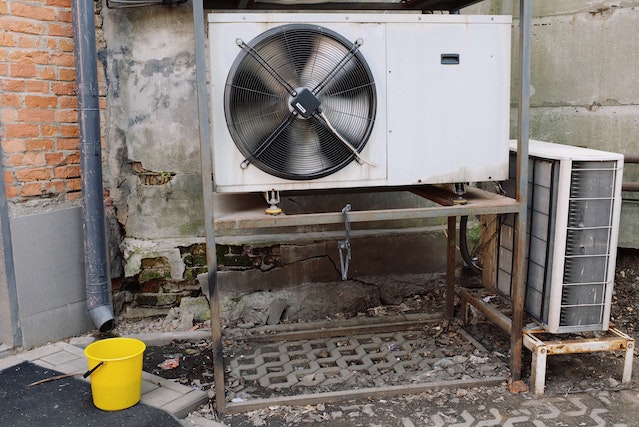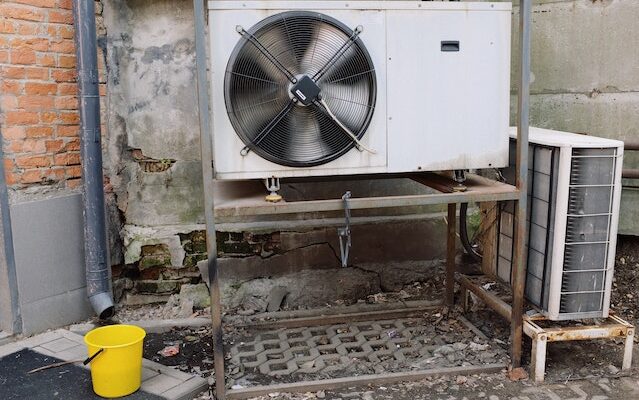HVAC stands for Heating, Ventilation, and Air Conditioning. It refers to the system that is responsible for controlling the temperature, humidity, and air quality of a building. HVAC system is common in both residential and commercial buildings, and they are essential for creating a comfortable and healthy indoor environment.

There are several reasons why investing in an HVAC system is a good idea. Here are some of the main benefits:
- Comfort: HVAC systems are designed to maintain a consistent temperature and humidity level, which helps to create a comfortable indoor environment.
- Health: Proper ventilation and air filtration can help to reduce the levels of airborne pollutants, such as dust, allergens, and mold spores. This can lead to improved indoor air quality and better respiratory health.
- Energy Efficiency: Modern HVAC systems are highly efficient and can help to reduce your energy bills. By investing in an energy-efficient system, you can save money on your utility costs over time.
- Property Value: An HVAC system can increase the value of your property. Homebuyers and renters are often willing to pay more for a property that has a reliable and efficient HVAC system.
- Sustainability: An energy-efficient HVAC system can also help to reduce your carbon footprint and contribute to a more sustainable future.
Overall, investing in an HVAC system is a smart choice for anyone who wants to create a comfortable, healthy, and energy-efficient indoor environment.
Maintenance Tips to Keep Your HVAC System Running Efficiently
Regular maintenance is essential for keeping your HVAC system running efficiently and extending its lifespan. Here are some maintenance tips to help you keep your HVAC system in top condition:
- Change the Air Filter: The air filter in your HVAC system helps to trap airborne particles and prevent them from entering your home. Over time, the filter can become clogged and reduce the airflow, making your system work harder than it needs to. It is recommended to change the filter every 1-3 months depending on the type of filter and usage.
- Clean the Coils: The coils in your HVAC system can become dirty and reduce the efficiency of the system. This can be especially true for outdoor coils which may accumulate dirt, leaves, and debris. Cleaning the coils can help to improve the efficiency of your system.
- Check the Refrigerant Level: The refrigerant in your HVAC system is responsible for absorbing heat from the indoor air and transferring it outside. If the refrigerant level is low, your system will have to work harder to cool your home, which can lead to increased energy consumption and higher utility bills. You should have a professional technician check and recharge the refrigerant as needed.
- Inspect the Ductwork: Leaky or poorly insulated ductwork can reduce the efficiency of your HVAC system. You should have duct cleaning periodically to ensure that there are no leaks or damage. Sealing leaks and improving insulation can help to improve your system’s efficiency and reduce your energy consumption.
- Schedule Professional Maintenance: It is recommended to schedule a professional maintenance checkup at least once a year. A professional technician can inspect and tune up your HVAC system to ensure that it is running efficiently and catch any potential issues before they become major problems.
By following these maintenance tips, you can help to keep your HVAC system running efficiently and extend its lifespan. It can also save you money on your energy bills and prevent expensive repairs.













